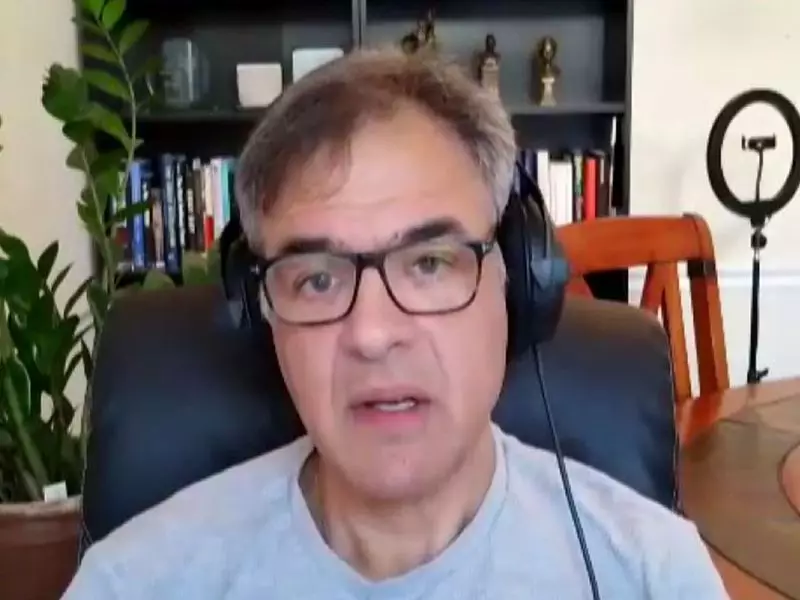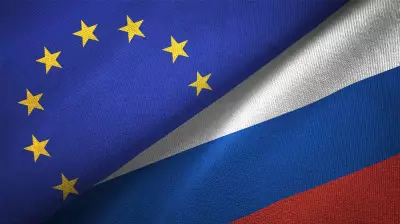
In a stunning revelation that exposes one of America's most significant intelligence failures, a former CIA operative has admitted that the United States made a catastrophic mistake by not confronting Pakistani nuclear scientist Abdul Qadeer Khan more aggressively.
The Man Who Sold Nuclear Secrets
AQ Khan, often called the "father of Pakistan's nuclear bomb," didn't just build weapons for his own country. He created what experts describe as the world's most dangerous nuclear Walmart, selling atomic secrets to North Korea, Iran, and Libya through an elaborate international network.
"Not confronting AQ Khan head-on was a mistake," the former CIA agent confessed, highlighting how diplomatic caution and geopolitical calculations prevented direct action against the nuclear rogue.
The Web of Proliferation
The nuclear network operated with shocking brazenness:
- Centrifuge designs sold to multiple countries
- Nuclear components shipped through Dubai and Malaysia
- A shadow network of suppliers across Europe and Asia
- Blueprints for uranium enrichment freely traded
Despite having intelligence about Khan's activities since the 1970s, the US hesitated to take direct action, fearing it would destabilize relations with Pakistan, a crucial ally in the region.
Missed Opportunities and Geopolitical Games
The former intelligence officer revealed that Washington had multiple chances to dismantle Khan's network earlier but chose restraint each time. The priority was maintaining Pakistan as an ally, particularly during the Soviet-Afghan war and later during the War on Terror.
This calculated restraint came with a heavy price. By the time Khan was finally placed under house arrest in 2004, his nuclear bazaar had already equipped some of the world's most volatile regimes with the building blocks for atomic weapons.
Legacy of a Nuclear Free-for-All
The consequences of this failure continue to haunt global security today. North Korea's nuclear program, Iran's uranium enrichment capabilities, and the brief Libyan nuclear project all trace their origins back to Khan's network.
The former CIA agent's confession serves as a sobering reminder of how geopolitical expediency often trumps non-proliferation efforts, leaving the world to deal with the dangerous aftermath.





